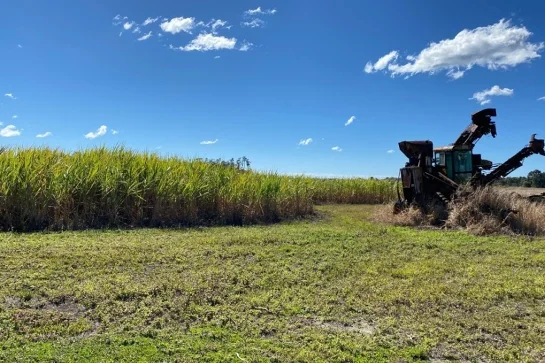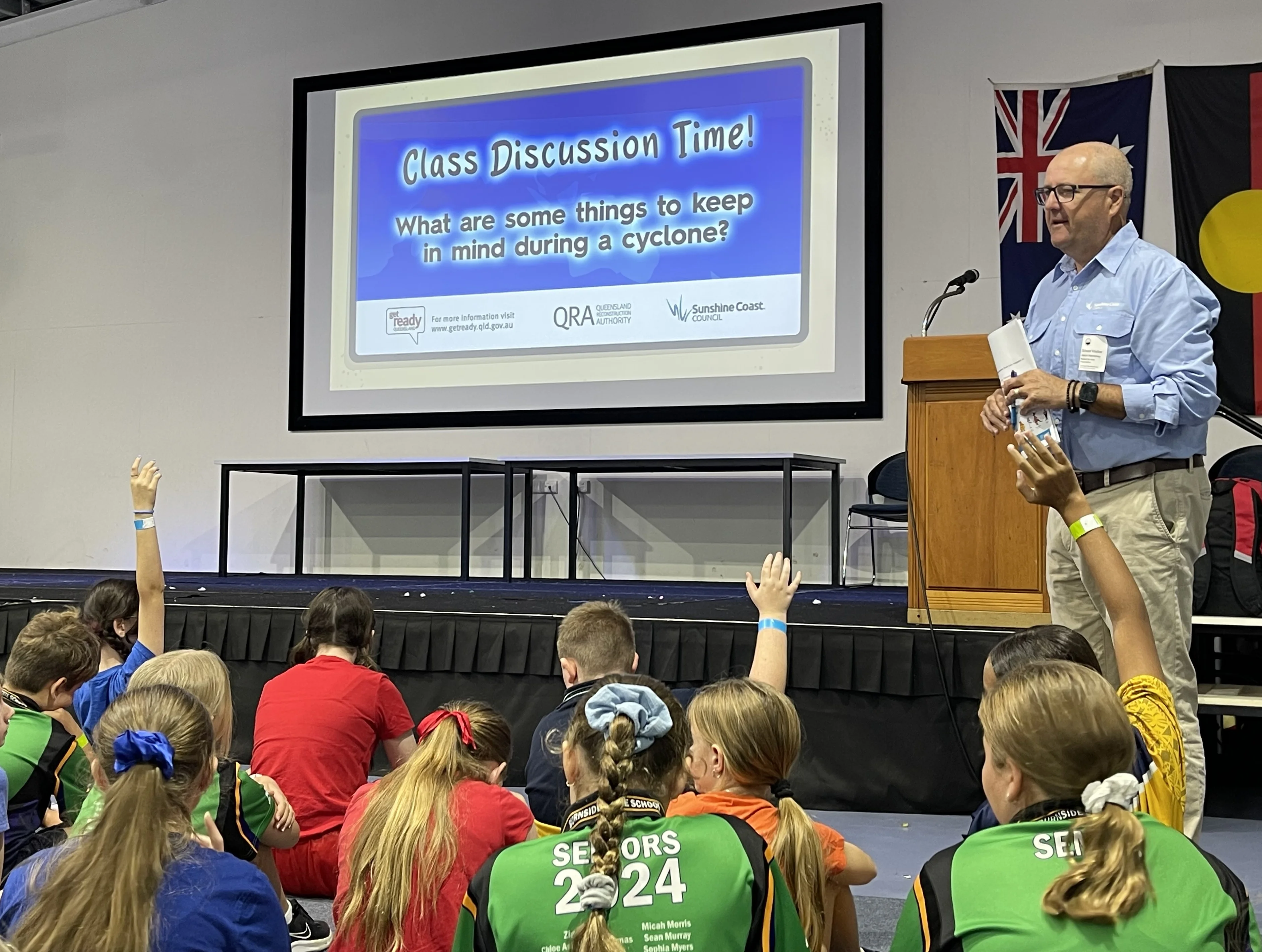Minister for Finance, Minister for Women, Minister for the Public Service
GREG JENNETT, HOST: Katy Gallagher, thanks for joining us. Look, listening to the words and reading some of the statements coming out of your discussions there, particularly on women’s safety, we’re hearing a lot of aspiration, pathways to finalisation, clear goals and aspirations we’re told, but is there some sticking point? Why wasn’t more substantial progress made in what I think was going to be an important set of discussions at the first face-to-face in about five years?
SENATOR THE HON KATY GALLAGHER, MINISTER FOR WOMEN: Yeah, thanks for having me on, Greg. Look, I think we made a lot of progress today. Obviously, this is a huge piece of work, and we need to get it right. So the national plan to end violence against women and children is not just a government responsibility, but a whole-of-community responsibility. The previous government did consultations and developed up the majority of the plan, we’ve come in and had a look at areas we’d like to amend and introduce our election commitments, in particular about improving resourcing to the sector. And then this was the opportunity to say to the states and territories, here is the draft plan as it exists, we want to get this finished, we want it in place by October, if possible, you know, and gave them another month to really work things through at their end. But it doesn’t mean that there isn’t, you know, services and support and work going into protecting women, and making sure that there are services and responses happening on the ground. But this is a 10-year program or plan, and we need to get it right. We need a few more months or a couple more months to get it right and make sure that the action plans that flow from them have practicable or measurable ways to demonstrate that we’re making progress. But I’m not going to stand here, Greg, and say it’s easy. But the commitment around the table was to get it done and to get it as right as it can be and to make sure that the next 10 years, that we make some serious inroads into the prevalence and seriousness of violence against women and children in this country.
JENNETT: Sure. I mean, I use the word sticking point but maybe we could come at it another way. What are the outstanding or most unresolved features that you think the jurisdictions are going away to work on by themselves over these next few months?
GALLAGHER: Well, I think they’d like the opportunity to put to the Commonwealth some of the issues that they would like to see in the plan, you know, they’ve only had it, they’ve only had the draft plan a few days. So it was really a request, can we have time to come back to you? Of course, yes. I think the issue around targets, which is one that there’s a lot of different views around, needs to be thought through a bit more and resolved. But the idea is to try and bring all of the people, you know, thousands of hours have been spent on this across the community, particularly from women’s organisations, advisory groups, and also the states and territories. And there are mixed views across those range of stakeholders about how do we get as much agreement as we can going forward in the plan? And that requires a bit more work. We’re happy to do that, because this is about 10 years.
JENNETT: You mentioned the word targets. What are you actually talking about there? Is it a bit like the closing the gap process where there’s constant and reported metrics on performance? So, I don’t know that there’s necessarily any sting in the tail if they’re not met? But is that the sort of model you’re overlaying on this?
GALLAGHER: Well, I think from the Commonwealth’s point of view, we want to make sure that there are ways that we can measure progress, measure success. And people have different views around that. So, we haven’t settled that area. I think that is probably the area where the most work needs to happen over the next four to six weeks to be honest. And I think there are some concerns about what are the right targets. How do you measure success? If we are doing things right, you would expect that some areas, particularly in reporting, prevalence data, for example, might actually go up and is that actually a measure of success? These are some of the discussions we have to have. It is a complicated policy space. I’m not trying to make excuses. But we are absolutely determined to reach as much agreement as we can, have everyone on the same page and pulling in the same direction for the next decade. And under that, within that time, you would have two five-year action plans that actually, you know, set the kind of, the practical implementation of that overarching document. But it’s a long way of saying, Greg, there is more work to be done. But we are all absolutely committed to reducing the violence against women and children in this country. It is a national disgrace, the level that exists, the prevalence that exists and the impact that it has on the lives of women, children and their families.
JENNETT: Understood and of course, you now have a clear timeline to work towards in October. Could I just take you, Katy Gallagher, to something else that sits more around your finance or particularly Treasury portfolios. Jim Chalmers has announced today these increases in foreign investor fees. If these aren’t anti-foreign investment, what is their objective when it comes to residential property? Is it your goal to slow or remove foreigners buying properties in this country?
GALLAGHER: Well, this is an election commitment we took through the last campaign, which was to double the fees and penalties around foreign investment. It has a positive impact on the Budget, saving in the order of $450 million from memory. But absolutely support foreign investment, but we also need to make sure that the way we administer it and the cost of processing those applications are met by the applicants and that we are able to, you know, support the framework that exists and look seriously at an area where we can return some benefit to the Budget to pay for things such as the last conversation we had around social supports into local communities. So, there’s a couple of areas there but absolutely support foreign investment, but it needs to pay for itself, and we think there was opportunity to increase it to the point that it has a net positive on the Budget.
JENNETT: Okay that’s on the Budget, but is there any underlying or inbuilt assumption about the effect on foreign sales, particularly in real estate, to foreign buyers?
GALLAGHER: No, I’m trying to recall the costing document that was done for that in the campaign and from my recollection, it would have no impact on the number of transactions or the type of transactions that would be coming through.
JENNETT: Alright, so just a net revenue gain for Australia. Katy Gallagher, thanks so much for clearing that up. We’ll talk again soon.
GALLAHER: Thanks very much, Greg.







